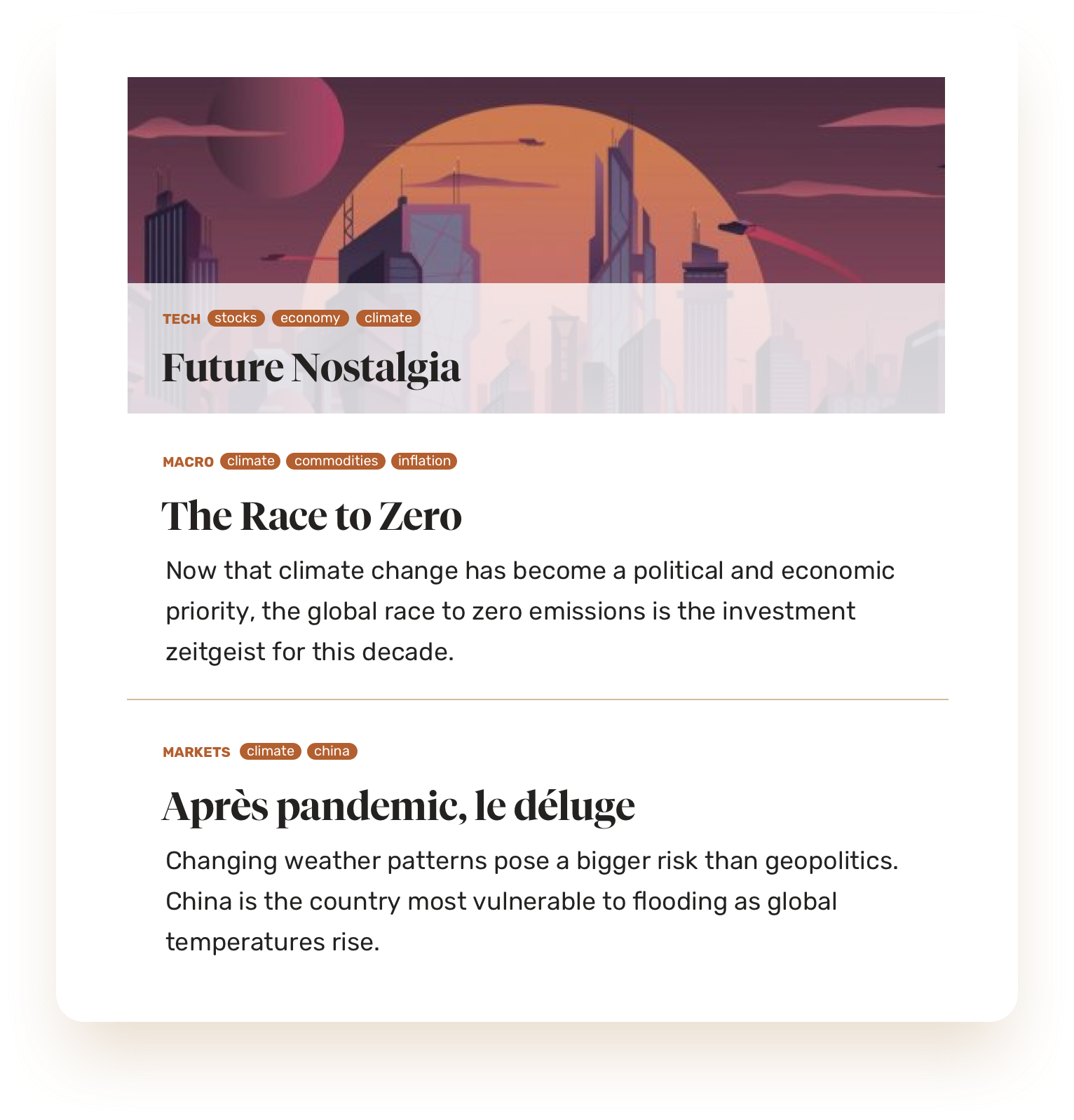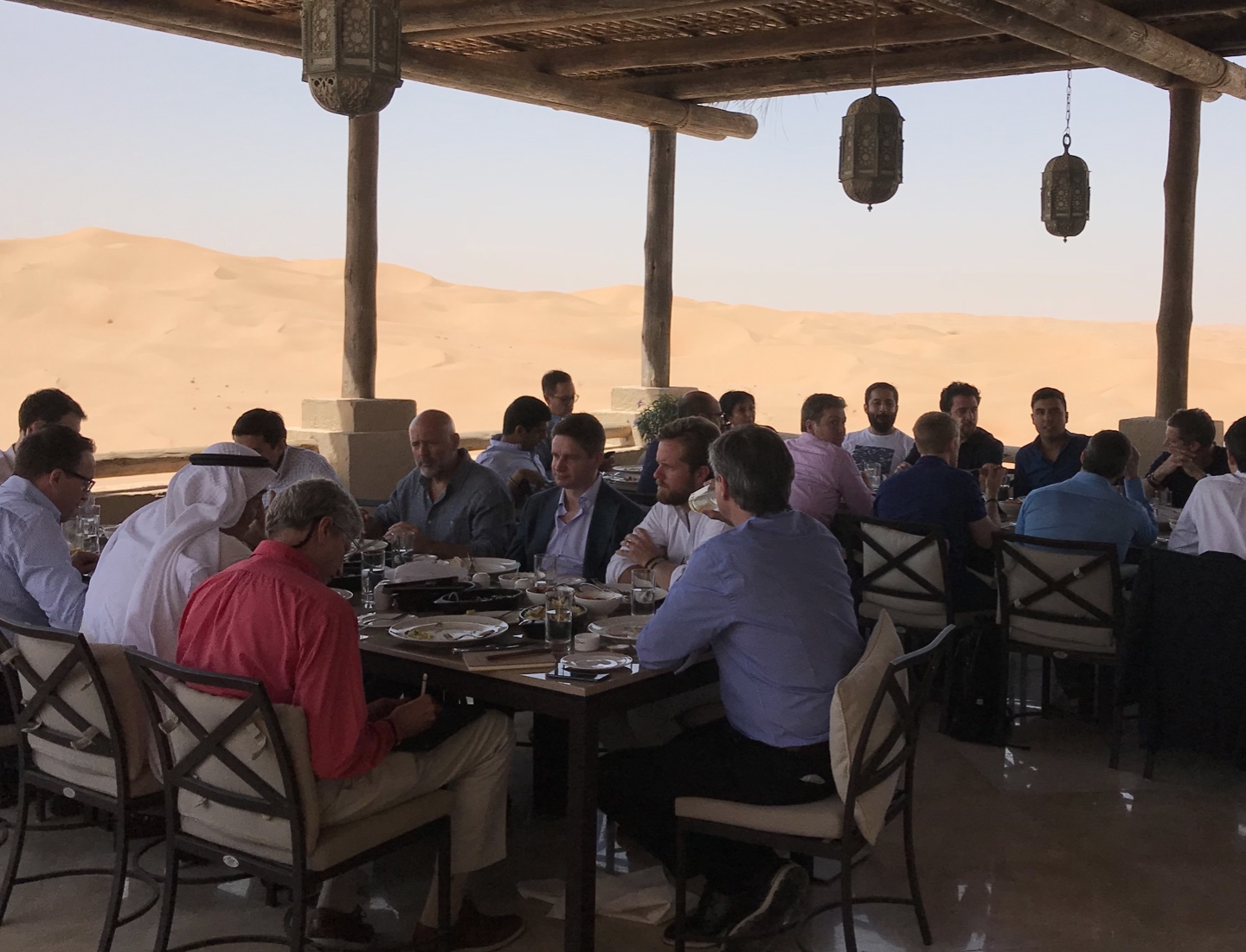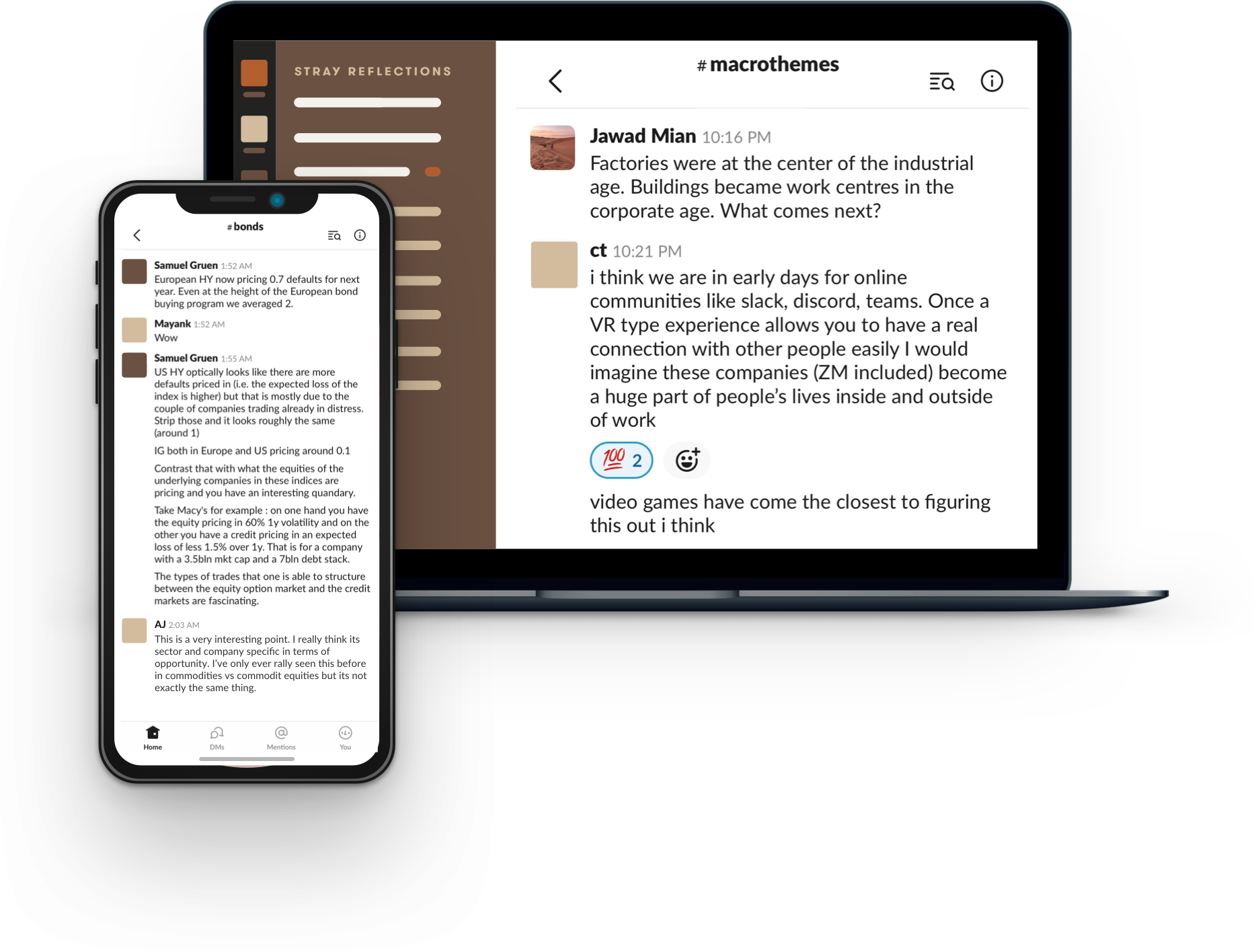n. The desire to be struck by disaster—to survive a plane crash, to lose everything in a fire, to plunge over a waterfall—which would put a kink in the smooth arc of your life, and forge it into something hardened and flexible and sharp, not just a stiff prefabricated beam that barely covers the gap between one end of your life and the other.
The Dictionary of Obscure Sorrows is a beautiful compendium of newly invented words by John Koenig. He gives a name to strangely powerful emotions we all might experience but can’t find a word for.
With the frightening things going on in the world today—climate disasters, the coronavirus pandemic, and the swarm of locusts in Africa—I revisited Koenig’s work to see if he made-up a word to perfectly describe what we may all be feeling, but would never dare to mention.
“Lachesism” fits with our current time: longing for the clarity of disaster, to feel the unique and terrible pleasure of doom, a chance to go through a cataclysmic event and come out of it with a larger appreciation for living.
Koenig explains:
For a million years, we’ve watched the sky, and huddled in fear. But somehow you still find yourself quietly rooting for the storm. As if a part of you is tired of waiting, wondering when the world will fall apart—by lot, by fate, by the will of the gods—almost daring them to grant your wish.
But really, you can wish all you want, because life is a game of chance. And each passing day is another flip of the coin.
You can’t help but take this life for granted. Your eyes to adjust to the color of the walls and your ears tune out the chatter. As if your body’s trying to filter out the world as you know it.
And while your brain goes numb trying to shake off your complacency, your heart can’t sit still, and your gut is hungry for chaos—itching to chase after storms and run headlong into the fire. To watch society breakdown and find out what’s truly important and watch everything else fall away.
The apocalypse is one of the oldest fantasies we have, but it’s not about skipping to the end of the story. It’s a longing for revelation, a revealing of what we already know, but cannot see: that none of this is guaranteed and there is no such thing as “ordinary life.”
That our civilization is just an agreement that could be revoked at any time. And beneath our rules and quarrels we’re stuck together in a wide-open planet where anything can happen, leaving us no choice but to survive, to build a shelter, and find each other in the storm.
That even just getting through the day should feel like the miracle it is, a cascading series of accidents that just happened to fall your way.
But soon the storm will pass, and the world will go on spinning, and we’ll pick up our lives just where we left them, no more urgently than before. After all, it’s just life. It’s not the end of the world.

Photo: Pexels






